Separate Bubbles: A look at polarization within the JDS community in light of the election season
November 6, 2020
After sophomore Anouchka Ettedgui praised President Donald Trump’s policy about building a border wall between the U.S. and Mexico on her Instagram story, her direct message inbox filled rapidly with messages from her follower base, which primarily consists of CESJDS students. They were eager to engage in political discourse, to passionately claim she was a racist for supporting Trump’s immigration policies or to commend her for speaking up for what she believes in.
Although Ettedgui was offended by many of these comments, she continued sharing her opinions as she wanted people to hear “her side,” which she believes is underrepresented at JDS.
Ettedgui is correct in such an evaluation based on The Lion’s Tale’s findings. According to a Lion’s Tale survey of 96 out of 355 high school students, 64 subscribe to liberal ideology, 23 consider themselves moderate and 9 students said they consider themselves conservatives.
Despite these political divides, JDS is nonpartisan and prides itself on being a pluralistic institution, both politically and religiously, and the value of B’tzelem Elohim, the belief that everyone is created in God’s image.
In efforts to adhere to these values, particularly within a political context, teachers facilitate political discussions in the classroom, and the school offers a myriad of clubs related to civil discourse to ensure that students can express their beliefs, according to Dean of Students Roslyn Landy.
“We encourage students to be active politically, to be involved in the political process. We want them to show interest, be educated about what the issues are and always remain respectful about the views of others. We do not allow for partisan politics in school,” Landy said. “We [the administration] do not want the faculty to share their political preferences, to favor one candidate over another.”
Culture in the classroom
To facilitate productive conversations, the administration has given faculty members a general scaffolding on how they should approach these conversations, according to the Head of School Rabbi Mitch Malkus.
Students start to formally engage in civil discourse in the classroom in eighth grade by learning about the structures of government and then interpreting the Constitution and founding principles, according to History Department Chair and teacher Mark Buckley.
Although there is not a formal curriculum around civil discourse throughout high school, Buckley says students learn to understand that history is built on a “succession of ideas,” and that even if a topic is not politically-charged, there is always room for interpretation and disagreements.
In the classroom, middle school history teacher Dr. Eytan Apter works with his students to set guidelines for class discussions and to determine the purpose of political discussions so students can hold each other accountable and ensure that the conversation is always controlled.
Apter, moreover, helps students understand that they are not in class to change one another’s opinions but listen to one another; Apter often provides resources for his students to draw evidence to support their beliefs in efforts for students to start saying “I know,” instead of “I feel.”
“That’s when it becomes very contentious for people because if I say, ‘I feel that,’ if you disagree with me, it seems as though you’re disagreeing with someone’s feelings,” Apter said. “If someone comes across and has information from other sources, it’s easier.”
Although the administration established guidelines for teachers to help facilitate discussions, according to the aforementioned Lion’s Tale survey, about 46% of students believe that teachers do not help facilitate conversations between students of different political ideologies. About 20% of students do not feel comfortable expressing their opinions because they feel like an “outcast” or they “don’t want to be judged for how [they] think,” for example.
Ettedgui feels no different, and believes that both teachers and students are responsible for not fostering a safe environment for discourse.
“I know that if I go more in-depth on certain things [and] that if we continue an argument, [my teachers] tell me to calm down but not for others to. I always want to get my point across,” Ettedgui said.
Senior Robby Lefkowitz believes that civil discourse in the classroom can easily target specific people rather than focus on political issues. As a result, he has sought to somewhat distance himself from expressing his political opinions in class discussions.
“I’ve learned to be reserved, so I only talk to people I can trust. If you say something that others disagree with, the backlash you get is not necessarily about the issue,” Lefkowitz said. “I am all for free debate of all issues either side, but not when it comes to the point when people don’t respect people’s opinions.”
While both Ettedgui and Lefkowitz take issue with how civil discourse is facilitated, Faye Lessans (‘19) believed that when she was a student at JDS, there were never enough opportunities for political discussions in general. She thinks that while political discourse in history classes was somewhat productive, discussions were infrequent as history classes are “primarily lecture” based, as compared to Jewish history classes, which are seminar-based classes. According to Lessans, “there were more opportunities to hear other people’s opinions” in Jewish history classes, and she wishes that more of these classes were mandatory.
“I find it really problematic that most of the Jewish history classes that are discussion-based are optional. I believe those are the only classes that allow students to talk to one another given the nature of the classes,” Lessans said. “The people who don’t take those classes are losing exposure to fundamental skills that people need to have.”
Lefkowitz agrees with Lessans and believes there are not enough opportunities to engage in civil discourse in the classroom in general.
“I think there isn’t enough debate and discussion, but I also don’t fault the teachers or the kids at all for that. … You can’t force a teacher to have students engage in a debate when basically everybody feels the same way,” Lefkowitz said.
Although some JDS students feel discontented and are deeply offended by discourse, JDS is not alone in trying to figure out how to appropriately engage students in civil discourse, especially in a hyper-polarized country.
“I think all schools are grappling with this right now. … In the polarized environment that we live in, it would be odd if some of this didn’t exist in our community too,” Malkus said.
Engaging in Civil Discourse Beyond the Classroom
Many JDS students have also gained experience in civil discourse outside of the classroom through schoolwide programming, extracurricular activities or with friends.
The JDS administration sought to encourage students to think about the 2020 election, which led history teacher Natalie Levitan and Jewish history teacher Aaron Bregman to plan an open forum for student volunteers to facilitate the forum for other students and to hear from two speakers: the founding partner of Content Media, Dean Levitan, and Kate Holliday, the director of Emerging Channels and Tech at Art Media.
The Oct. 28 forum focussed on both presidential candidates’ platforms as well as “popular issues to Americans,” including health care, national security, gun policy, immigration, police and court reform and LGBTQ issues.
The purpose of the forum was to have students learn about different points of view and understand various platforms; each Zoom breakout room had a slide presentation with brief facts about each party’s plan regarding a specific topic, and a quote and link to their campaign pages to those policies.
“I think it’s been great that we had a number of students who openly volunteered to engage in these discussions,” Natalie said. “I think it is really important that there are students who are invested and are interested, and hopefully that energy will spread throughout the community.”
Another way students engage in civil discourse outside of the classroom is through extracurricular activities such as the debate team and Junior State of America (JSA). Co-president of JDS’ JSA chapter, junior Oren Swagel, feels that he has been able to engage with people of various perspectives that he otherwise would not have been exposed to if he had not joined JSA.
“[JSA] helped me meet people with different viewpoints. We do conventions with other schools from different parts of the country. I’m not going to say our school is a monolith; we all do not have the same views. But JDS is a pretty liberal school with pretty similar ideologies between kids,” Swagel said.
While Swagel feels like JDS has not prepared him to have respectful political discussions, he also believes that it cannot be fully taught and rather that being respectful during political discussions is an instinct.
“I also do think having an open discussion is common sense and human courtesy,” Swagel said. “I do not think it’s something you need to learn unless you do not have it.”
Another outlet in which students are able to engage political conversations regularly is with their friends.
Freshman Gaby Goldberg actively engages in conversations with friends who disagree with him and values those discussions.
“I love talking about politics with other people, especially those who disagree with me because I think I am right. I want to spread my opinion to other people and see what they think of it,” Goldberg said. “[It] depends on the situation though. Some people can be very arrogant and super detached from their positions, so you have to find a way to make sure people are so resistant to ideas.”
Social Media’s Role
A large number of JDS students turn to social media platforms, such as Instagram, to express their beliefs and engage in political dialogue. Talking about politics on social media has both positive and negative effects for students.
Senior Rinat Dubrawsky believes that posting about politics on social media is a positive way to use her voice and connect with other people in civil discourse outside of the classroom.
“I think my social media reflects my political opinions. I think, now, because of how detached we are because of Corona[virus] and lockdown, social media as a way of facilitating conversations is the norm for a lot of people. If we were in school having normal conversations, maybe we would not do as much of it, but because we’re not, people have been drawn to social media,” Dubrawsky said. “It’s my social media, so it’s not like anyone can tell me what to do.”
Discussing politics on social media has also had its downsides. Ettedgui regularly posts content related to Trump and conservative viewpoints on her Instagram story, and she often receives backlash from her followers.
“No one wants to write paragraphs of yelling back and forth. Kids at JDS cannot respect one another’s beliefs. Even if I disagree with someone, I have never swiped up on someone’s story and bashed them. It’s their belief and I have my own,” Ettedgui said.
These conversations of social media can often resort to name-calling and cyberbullying, particularly among students who have different ideologies.
“Being called racist, homophobic and anti-Semitic is just so shocking of how did you get that. They [students] call you so many names and it’s so hard to just say something,” Ettedgui said. “It’s suffocating you.”
JDS has tried to address the issue of political conversations on social media turning harmful and disrespectful. However, administrators struggle with managing civil discourse on social media as they are often unaware of what occurs outside of school unless it is reported to them.
“Anytime I have received a report of bullying or disrespect, I investigate but I do need facts . If I find that a student has been inappropriate, I have put a student on notice that if it happens again, there will be consequences. Anything inappropriate that is posted would need to be taken down,” Landy said. “I believe very strongly in standing up when someone is being unkind, disrespectful or is bullying. In most cases, I do not know if something like that is happening; students do need to report these incidents to me. That is the only way we can deal with these issues.”


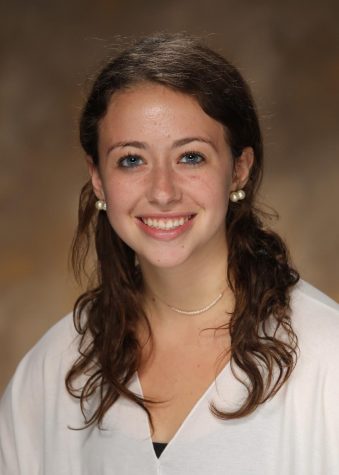
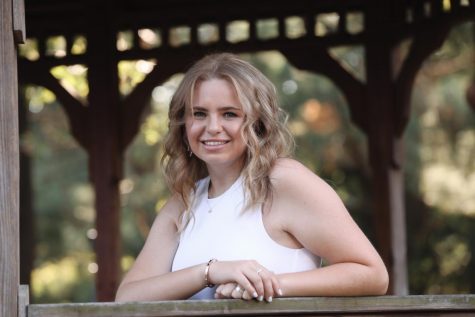
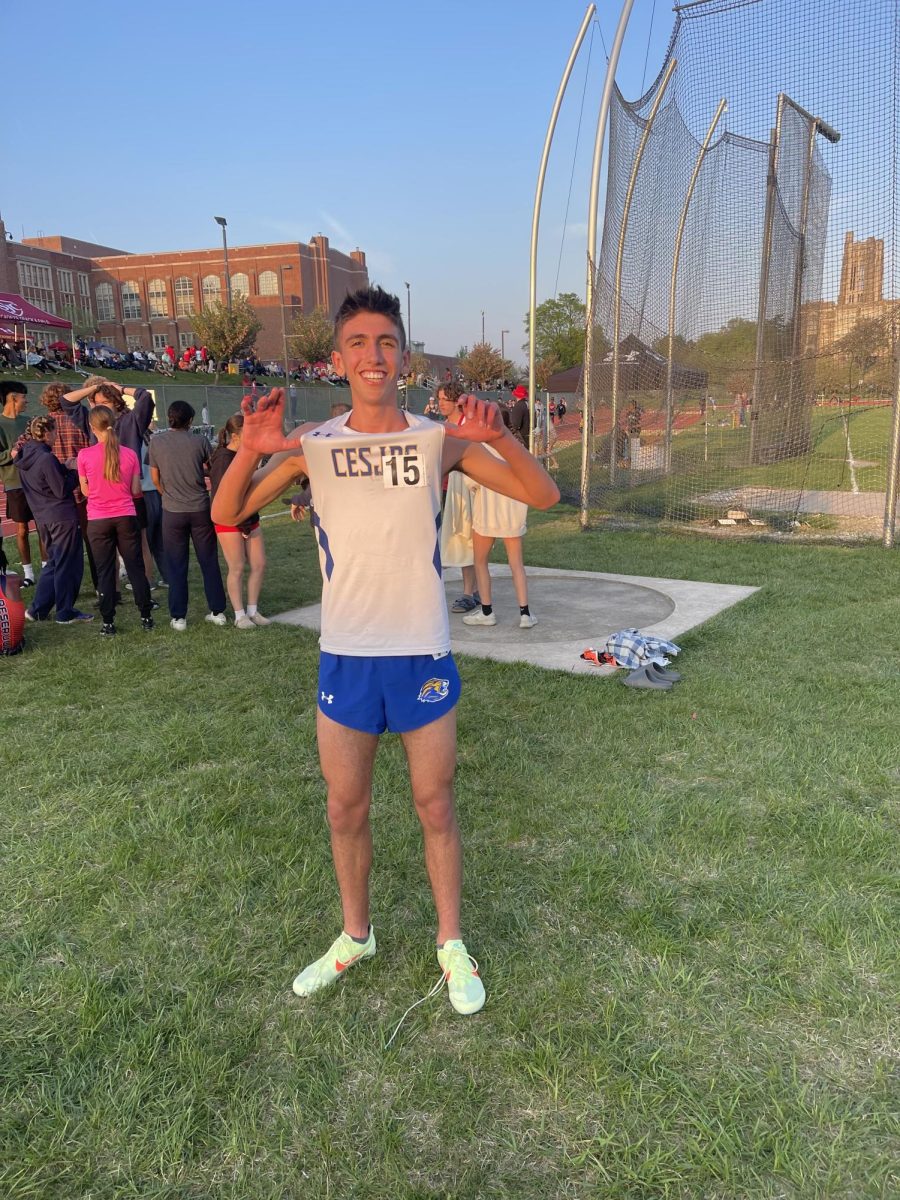





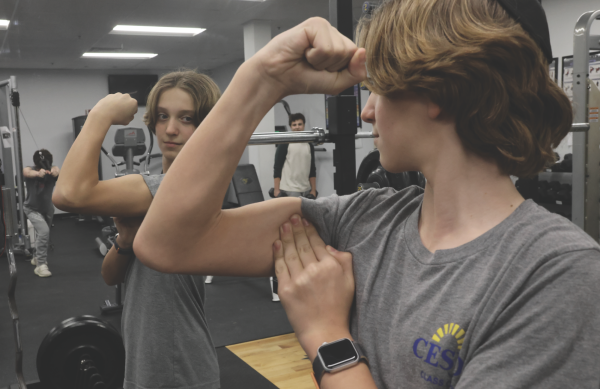
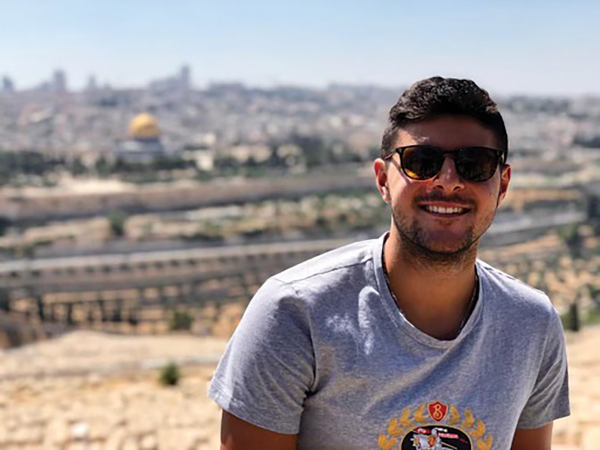
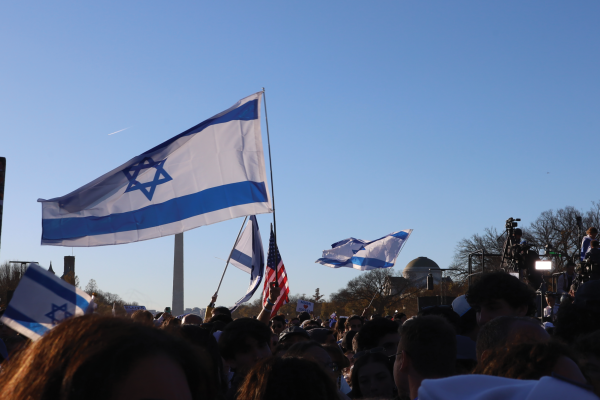
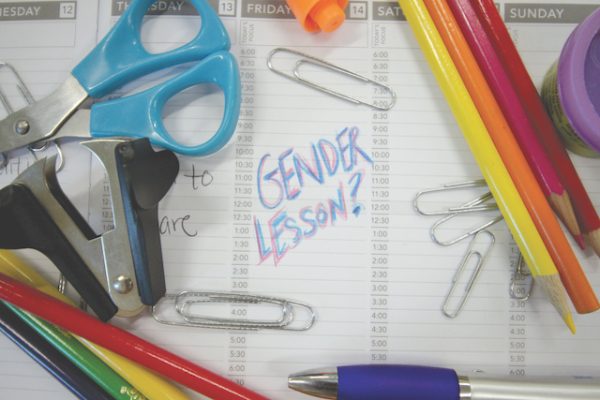

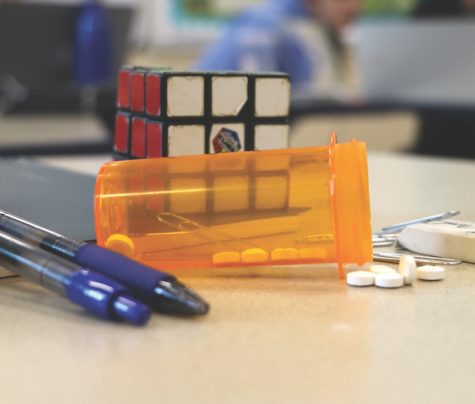
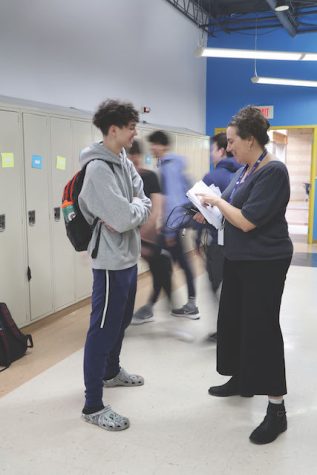
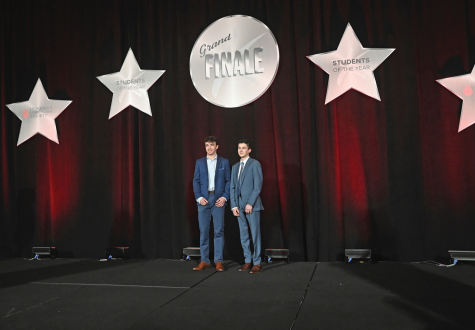
Silvia Eschenlauer • Feb 18, 2021 at 10:40 pm
This is an excellent article. I am so glad that JDS takes the time to address these issues. I believe that anyone with conservative views in our geographical area is definitely a minority. We are very inspired by sophomore Ettedgui’s courage and resolve to express her views despite the negative and unwarranted feedback she has received.